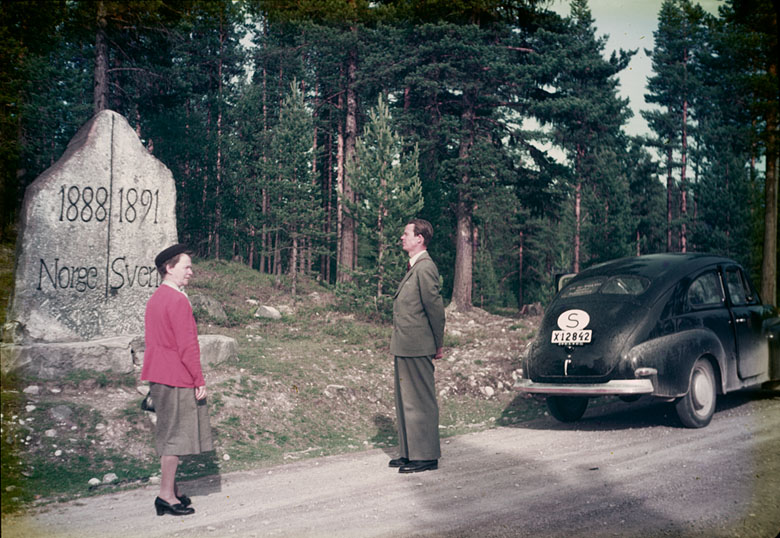ScoHisto – History education at the edge of the nation
Political autonomy, educational reforms and memory-shaping in “peripheral” European contexts

The project ‘ScoHisto: History education at the edge of the nation. Political autonomy, educational reforms and memory-shaping in “peripheral” European contexts’ focuses on the trajectories of the school teaching of history within political spaces that are geographically or symbolically located on the “periphery” of the Nation-State. The analysis of this subject, from a diachronic and transnational perspective, provides an understanding of how the dynamics of decentralization and the empowerment of ethnic minorities in Europe are reflected in the negotiation of legitimate sub-national historical narratives.
The project investigates the effects of autonomous competences in the organization of the school system of local governments or administrative regions in West-European frontier territories, on the set-up of a specific history curriculum. The aim is to assess what conditions encourage or discourage the fragmentation of a national “canon” and, more specifically, to identify the compromises and bargaining that led to the formalization of a regional historical consciousness, raising it to the rank of a legitimate “canon”.
The regions involved are South Tyrol, the area of settlement of the Sámi minority in Sweden and the French region of Alsace. The institutions working on the project are the Free University of Bozen/Bolzano (Faculty of Education), the University of Umeå (Department of Language Studies and Department of Education), the University of Strasbourg (Department for Northern-European Studies and Faculty of History – Institut d’Histoire d’Alsace), Agora Laboratory and CY University Cergy Paris (Department of History).